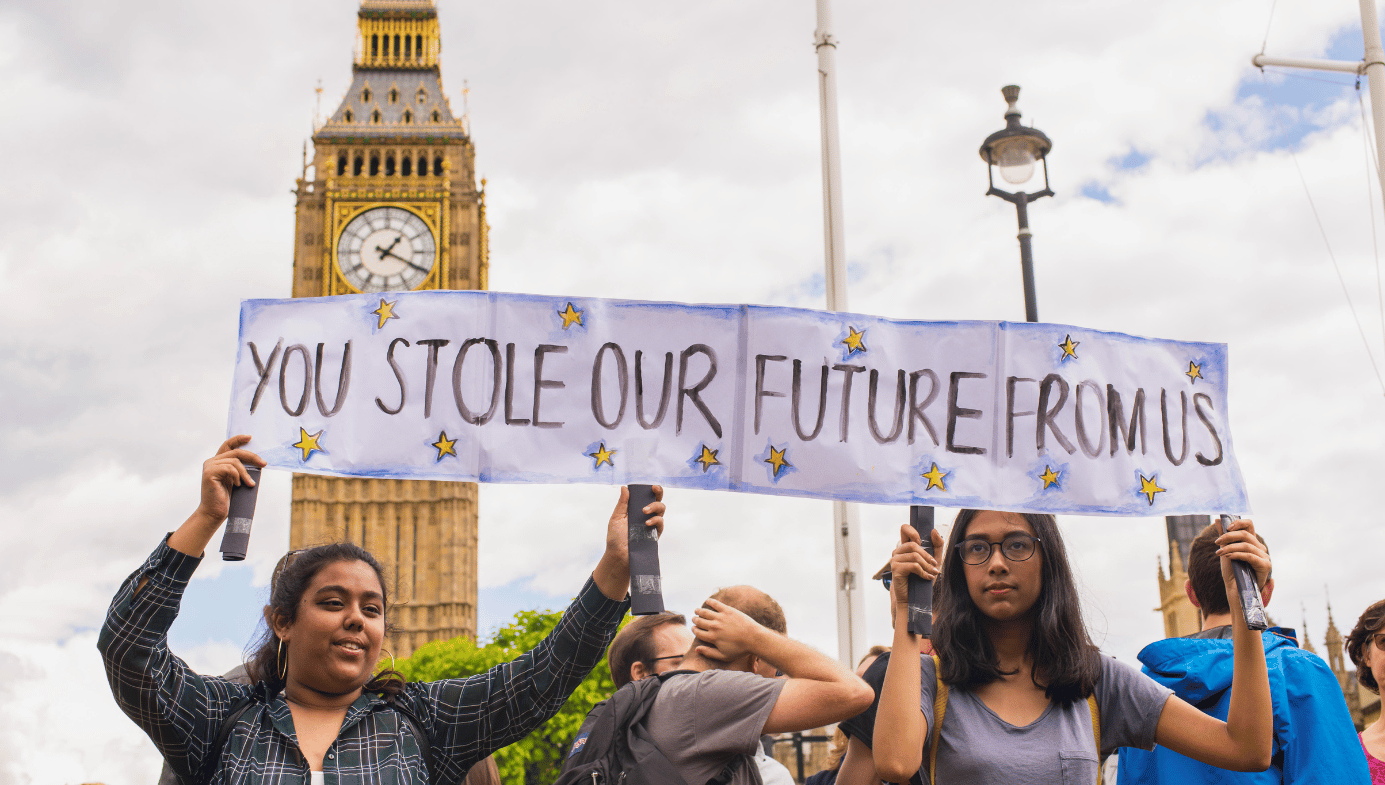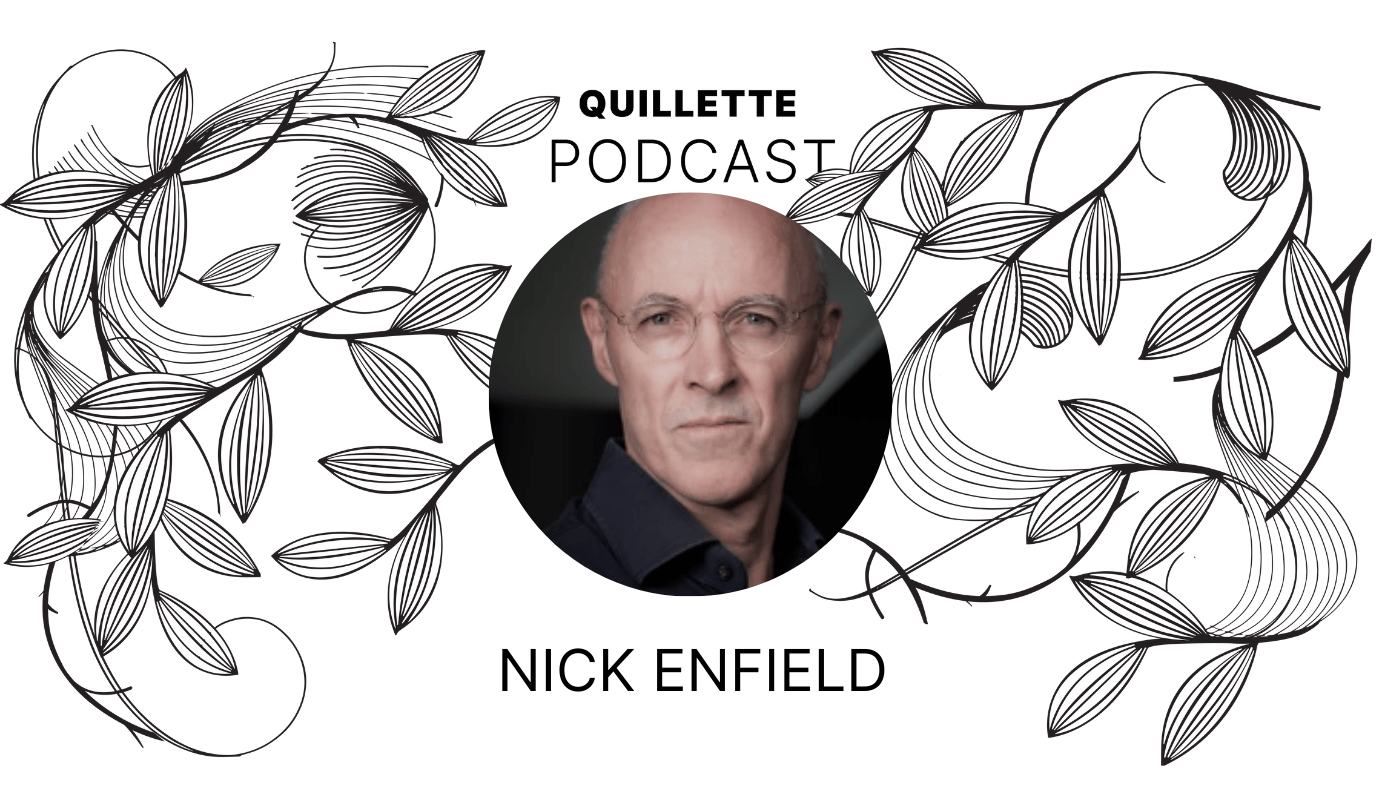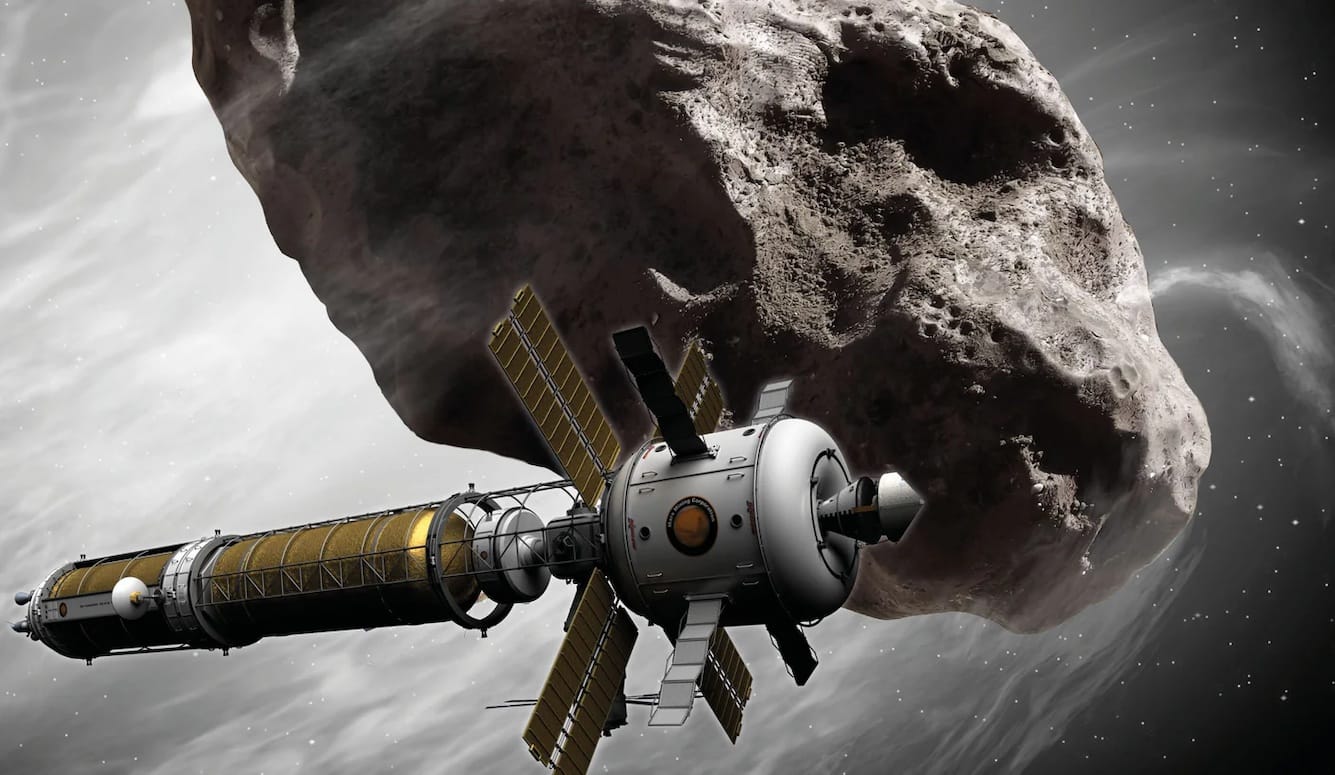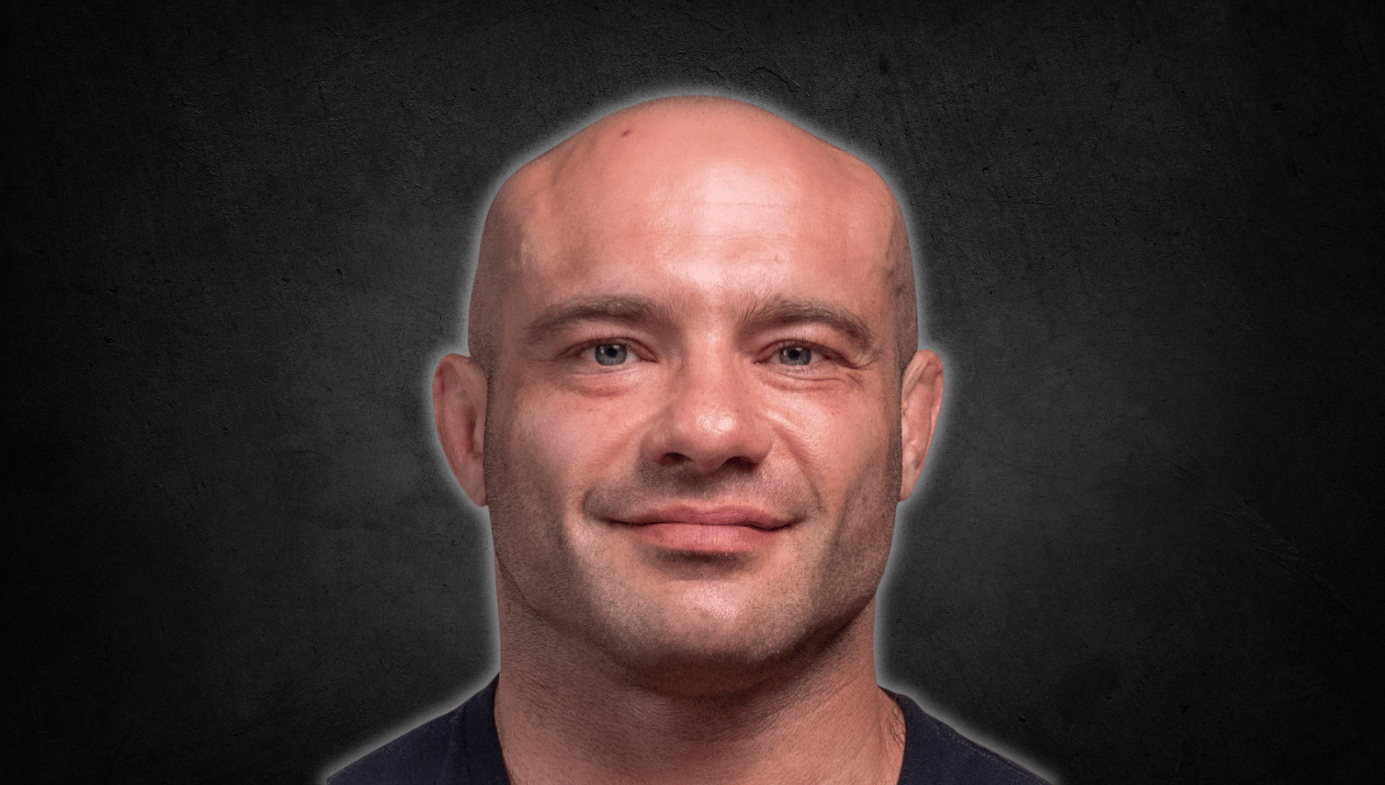Ukraine in the Balance

As I write this, Vladimir Putin has moved more than 100,000 troops to Russia’s Ukrainian border, and has strongly implied that he will invade absent an ironclad guarantee that Ukraine will never be permitted to join NATO. Although the Biden administration has rejected that demand, a chorus of Western voices, from populist Right to anti-imperialist Left, want the US to provide Putin with precisely such a guarantee.
In a guest essay for the New York Times, the progressive commentator and recovering hawk, Peter Beinart, has marshalled the key talking points offered by advocates of this position, beginning with the claim that the US lacks the moral authority to deter Russian belligerence. Fully half of Beinart’s essay is spent attacking the Monroe Doctrine that the United States has relied upon for two centuries to defend its sphere of influence in the Western Hemisphere. Faced with the prospect of a Russian annexation of Ukraine, Beinart draws an analogy with America’s tangled history of meddling in Latin America. A few days later, Tucker Carlson rehearsed the same argument on Fox News:
Tucker: Imagine if Mexico fell under the direct military control of China. We would see that as a threat. There would be no reason for that. That’s how Russia views NATO control of Ukraine and why wouldn’t they? pic.twitter.com/uHMmJ9h3m1
— Acyn (@Acyn) January 19, 2022
This historical excursion obscures more than it clarifies. For a start, as Beinart acknowledges, most of the countries south of the border reap considerable benefits from their proximity to the US. The main exceptions to this rule—Cuba and Venezuela—are, unlike Ukraine, groaning under vicious dictatorships. Furthermore, there is a significant ethical difference between the anti-monarchical Monroe Doctrine and the anti-republican aggression now faced by Ukraine.
Nevertheless, Beinart contends that a Mexican government would never invite Russian troops to guard its side of the Rio Grande. But guard against what exactly? The ghost of John Pershing? Whatever one makes of Grant’s 1879 judgment that the invasion of Mexico was a “wicked war,” it did not precipitate a conquest of every inch of Mexican soil. Nor did the United States engineer a genocidal famine to eliminate a perceived threat of counter-revolution. Nor did it sign a memorandum to guarantee Mexican territorial sovereignty in exchange for the world’s third-largest nuclear arsenal. Analogies are seldom helpful if the differences are more important than the similarities.
But this detour into the backwaters of history elides a larger point. The United States has never accepted the idea of a world divided into rival spheres of influence, even as it has expanded and entrenched its own. Since becoming the world’s preeminent power in the wake of World War Two, the US has not simply been a regional power, but a regional power in every strategic region on Earth. In this unique role, it has sought to suppress security competition so that great powers do not face fundamental threats to their physical security. Since 1945, denying any potential hegemon a privileged “sphere of influence” has been the overweening objective of all US administrations, Democratic or Republican.
Turning his attention back to the current crisis, Beinart grants that Ukraine is a sovereign nation with “the right to forge an independent foreign policy,” but he adds that “foreign policy isn’t an exercise in abstract morality; it involves questions of power.” Who could possibly disagree with that? The strategic balance in Eastern Europe today is hardly favorable to Russian conquest, and could surely be made less so by assertive American leadership. Beinart, however, contends that “the United States and its European allies lack the power to deny Russia a say over Ukraine’s future.”
Is that true? Perhaps in the short term. After all, Ukraine is bereft of treaty allies and lacks the protection of NATO’s security guarantee. Russia, meanwhile, enjoys a clear geographical advantage, since any potential theater of operations sits on its doorstep. According to former US Army Chief of Staff General Mark Milley, this is partly why NATO forces are “outranged [and] outgunned on the ground” in Eastern Europe. What’s more, as Beinart notes, the Biden administration has (wisely) indicated that it has no intention of deploying US forces to defend a non-NATO ally against Russian attack.
But Beinart does not seem to understand that the cause of peace in Ukraine and across Eastern Europe depends in significant measure upon the behavior of the Western alliance at this critical juncture. The present configuration of power in Europe constrains Russian belligerence, even if it does not completely thwart it. NATO may not deter the Kremlin from attacking Ukraine outright. But the Western alliance can, by other means, still cause Moscow to regret an invasion, and this consideration ought to disturb Putin’s sleep.
It is true that Russia remains among the world’s great powers—a nuclear state extending from Kaliningrad all the way to Vladivostok, 4,500 miles and 10 time zones away. Its geopolitical influence is not about to evaporate, and in some respects, its economic weakness can be overstated. Its population is not plummeting as fast as the conventional wisdom suggests, and it will remain the European Union’s main energy supplier for the foreseeable future given the continent’s dependency on Russian oil and gas. Russia also remains the United States’ primary peer in nuclear weapons technology, and it fields a conventional military force in Europe second only to that of NATO. Its nimble airlift and sealift capabilities could help Russia surprise and overwhelm the defenses of its neighbors, including those in NATO. In short, the Russian military is still a force to be reckoned with.
But what of the long-term prospects for Russian power? With its various strengths and advantages duly accounted for, it is still a mistake to confuse Russia with the superpower it was in the days of Brezhnev. It’s no longer the most powerful autocracy in the world, and it has many exploitable vulnerabilities. As Adam Tooze has noted, as a strategic petrostate, Russia retains the capacity to inflict economic pain on European countries—especially Germany—that have allowed themselves to become dependent on Russian energy. Nonetheless, it is also a poor country with a dysfunctional economy and ossifying kleptocracy. Russia’s total GDP is lower than that of South Korea, and just a fifth that of the US (based on purchasing power parity, according to the IMF’s World Economic Outlook figures for 2020). Between 2012 and 2019, Russian growth averaged just one percent, and the pandemic has dealt a further blow to an already embattled economy.
None of which means that Russia is not dangerous, especially since aggression can be used by weak authoritarian states to counter impressions of impotence. Even middling powers can bully their smaller neighbors, and Putin has invested heavily in military capabilities to ensure that his threats are not dismissed. But Russia also has to be mindful of incurring the wrath of the West. For too long, a robust response has not been on the table, and Putin has been emboldened accordingly. During his tenure, a pernicious pattern has developed: American presidents have played a strong hand with feckless indifference while Putin has played a much weaker hand with cold-blooded adroitness. In his masochistic focus on the apparent hypocrisy of US foreign policy, and his overestimation of Russian strength, Beinart appears to counsel more of the same.
Those in the West who support yielding Ukraine to the Kremlin tend to regard NATO’s position in Eastern Europe as untenable—comparable to the British position in Suez in the twilight of its empire. NATO’s irresponsible post-Cold War expansion in a fleeting era of Russian exhaustion, they say, has imperiled European peace in a new era of Russian strength and vitality. But this pessimistic (and somewhat paranoid) narrative is belied by abundant contrary evidence. In objective terms, the United States is not a power in decline—it retains an enormous share of global economic output and a formidable military. Europe likewise enjoys tremendous economic clout which could translate into greater military might. Since the decline of the liberal order is hardly a foregone conclusion, it would be rash for Europe (or America, acting on Europe’s behalf) to resign itself to the brutal Hobbesian logic of the kind of great-power competition that marred so much of human history.
The burning question in the Kremlin during recent years has been how hard America will push—and oblige its European partners to push—against Russia’s drive to reclaim its near abroad. So far, the answer has been “not very” and the consequences have been predictable. But Russia’s ruling clique understands that America and Europe have red lines, even if they don’t know what or where those lines are. (Little wonder, since America and Europe don’t seem to know either.) For the first time in the post-Cold War era, neither Russia nor America nor Europe understands with any clarity when or if the liberal powers will act to defend the order they created and sustained for decades.
Against Putin’s ambitions for a renewed sphere of influence, organized resistance from the West could take the form of any combination of economic, military, or political measures. If it wished, the West could impose harsher sanctions on Russian sovereign banks while squeezing a kleptocratic elite that offshores the lion’s share of its wealth. If it wished, the West could supply Kyiv with defensive materiel with which to obviate Russia’s air and armor advantages. (To help deter wider hostilities, this lethal aid could be delivered, as Bret Stephens has advised, in an emergency airlift on the scale of Richard Nixon’s 1973 airlift to Israel.) If it wished, the West could begin investing vigorously in independent media and new international institutions to undermine Putin’s model of “sovereign democracy” at home.
By all appearances, the Kremlin already fears that the United States, acting in concert with its European partners, is capable of leading such a campaign. Whatever the rumors of a post-American world, Russia’s keenest strategists do not believe it has arrived yet. (Who is foolish enough to believe that if Ukraine had already joined the Atlantic Alliance, Russian forces would currently be deployed on its borders?) In short, America may yet prove itself (to borrow Robert Kagan’s vivid description) a dangerous nation once more. In defense of Ukrainian democracy, the US could be dangerous not just for battalions of Russian soldiers fighting in Novorossiya, but for the life of the regime in Moscow. If it wished, the West could aggravate the Russian regime’s worst fears, and thereby deter its most belligerent impulses.
The stark juxtaposition of a distracted West and a confident Russia is profoundly troubling. But the prospect of a united West and an isolated Russia is not hard to imagine, either. In 2012, President Obama derisively declared Russia to be a puffed-up “regional power.” Even Beinart seemed to grasp that Putin lacked the capacity to render NATO enlargement a dead letter. Back when Republican presidential candidate Mitt Romney was calling Russia America's primary geopolitical adversary, Beinart was eager to reassure Americans that Putin’s bark was bigger than his bite. “Although Moscow can still give America headaches,” he argued, “it lacks the economic power to re-create the [Soviet] empire.”
Ten short years later, Putin is preparing to undertake a great leap toward exactly that objective. The Russian state has issued a slew of demands, none of which—and certainly not all of which—NATO can readily accommodate. Will the alliance revoke its 2008 promise of eventual membership for Ukraine and Georgia? Will Brussels permit Moscow to dictate the borders of the European Union? Will Washington allow its military partnerships and deployments to be dictated by the Kremlin? All these questions deserve to be answered in the negative.
Putin’s recognition of these harsh realities suggests that he is seeking not a long-term compromise but a pretext for a conflict to recover the territorial basis of “historical Russia.” Any hope of convincing him to de-escalate should begin with the credible threat of economic and political costs that would devastate Russia’s economy and destabilize its regime. The US should spell out the nature of those consequences without ambiguity, and prepare to implement them without delay.
Beinart is perceptive enough to note that the Biden administration shows a “willful naivete about the way international politics actually works.” Who could quarrel with that description of an administration which has signaled the eclipse of the Pax Americana since the day it entered office? In the service of “relentless diplomacy,” President Biden gave short shrift to the essential component of all successful diplomacy: hard power. Plainly refusing to think strategically about adversaries of the liberal order, the American government flouts the first commandment of sound statecraft: punish your enemies and protect your friends.
Nevertheless, Beinart displays his own naivety when he suggests that tacit acknowledgment of “Russia’s veto over Ukraine’s military alliances” will prevent a wider war or the recrudescence of an aggressive and authoritarian Russian empire. Perhaps a policy of Russian accommodation would suffice to prevent a wider war in Ukraine this winter. Perhaps. But it would hardly prevent a war whenever Russia decides the time is ripe to absorb Ukraine. In fact, appeasement may equip the hard men in the Kremlin with just enough added prestige, power, and gumption to decide to undo the post-Cold War settlement once and for all. At that point, with the deterrence value of its collective power evidently diminished, the Western alliance will be faced with the unenviable choice of either countering Moscow’s hostility with force or dropping any pretense that it ever cared much about the defense of Europe’s democracies.
Sacrificing Ukraine’s sovereignty and security would represent an abandonment of American responsibility for the international order that it created after World War Two and has sustained ever since. The United States hitched its fate to the security of Europe on the basis that a threat to liberty on the old continent represented a threat to liberty everywhere. Today, however, national solipsism reigns supreme. With Ukraine besieged and other democracies like Taiwan vulnerable to authoritarian aggression, many are apparently willing to permit “any nation so conceived and so dedicated to perish from the earth.”
It’s no exaggeration to say that the strategic posture favored by Peter Beinart on the Left and Tucker Carlson on the Right has impaired the prestige of America’s global leadership and encouraged the world’s rogue powers to launch open and covert attacks upon it. It is somehow appropriate that with the contours of a post-Pax Americana world already visible in Europe, America’s new isolationists think it productive to lecture the White House about the depravity of the 1846–8 Mexican war. Ukraine seems destined to be the first victim of this self-defeating mentality. But it will by no means be the last.











